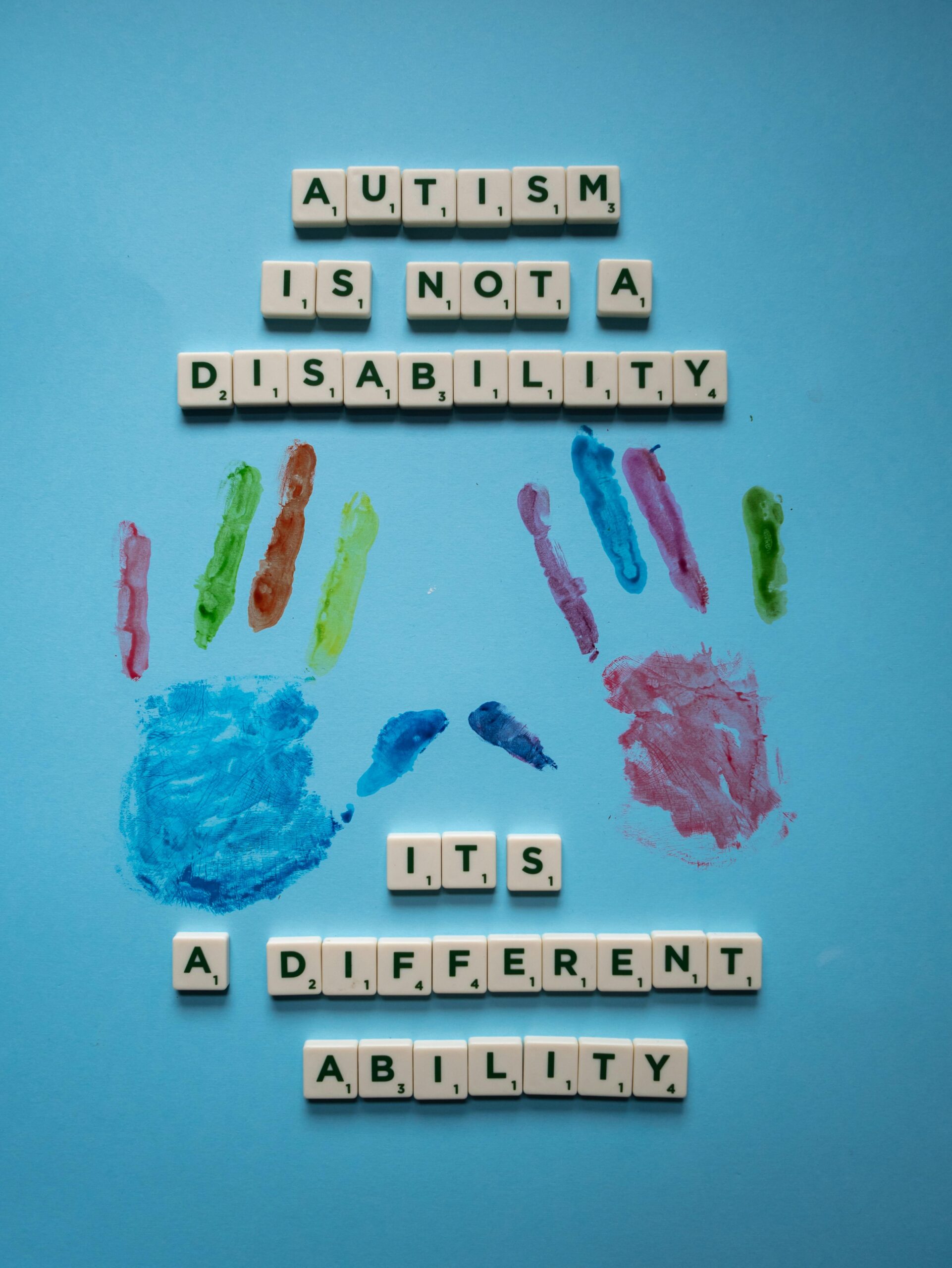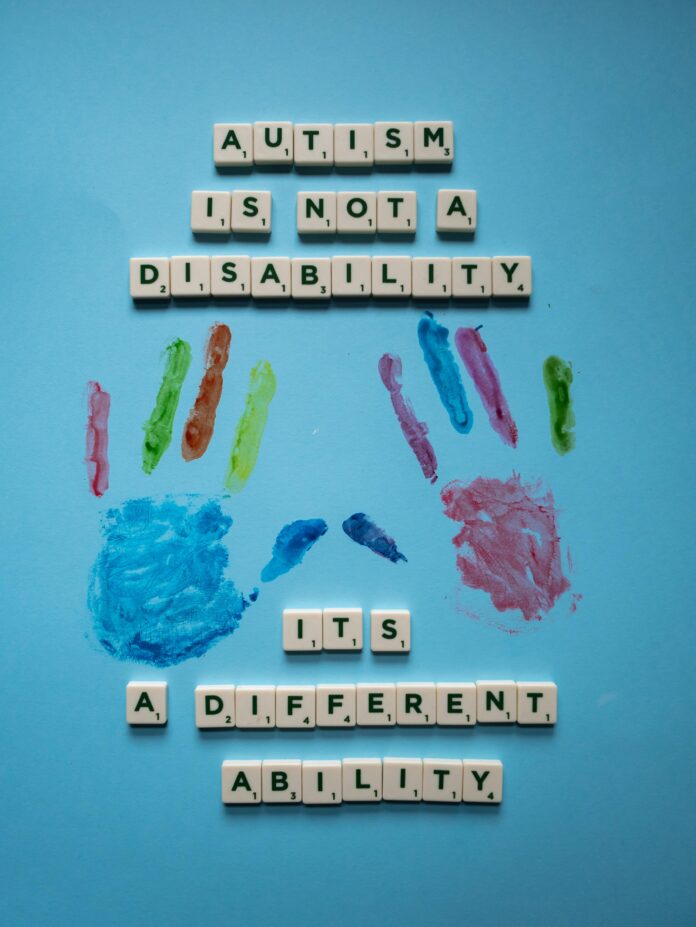By Senator Crystal Asige
Statistics show that approximately 75 million people worldwide are on the autism spectrum. While 1 in 88 children are diagnosed with autism, it is reported that more boys are likely to be on the spectrum than girls. It is even more alarming to know that more children will be diagnosed as autistic than those with Cancer, HIV/AIDS, and Diabetes combined.
Every year, the world observes the United Nations World Autism Day on April 2 to raise awareness about the causes, symptoms, and prevention of autism. This year the focus is to create a world where we support, champion, and celebrate individuals with Autism Spectrum Disorder (ASD), which is a growing global health issue.
As per the World Health Organisation (WHO), Autism Spectrum Disorders are a diverse group of conditions characterised by some degree of difficulty with social interaction, communication, and repetitive and restricted behavior. Due to these traits, ASD historically has been diagnosed as Schizophrenia.
In Kenya autism affects approximately 4% of the population, or 2.2 million people, at varying degrees across the spectrum, with Kenya ranked at number 46 globally. These populations, both children and adults, face multiple challenges throughout their lives as a majority of them are minimalist speaking or non-verbal or do not identify social cues as easily as their neurotypical peers.
Worse still, autistic persons are often targets of bullying, with autistic children especially vulnerable to kidnapping, getting lost and other physical harm as they are prone to wandering when out and about. With the right support such as speech and language therapy, occupation therapy, behavioral therapy, play therapy, dietary interventions, training on social skills, and provision of alternative and augmentative modes of communication among others, persons with autism can lead full lives and participate in everyday activities.
Albert Einstein, Charles Darwin, Bill Gates, Michaelangelo, Isaac Newton, Nikola Tesla, and Elon Musk are all on the spectrum, and look at what they have done to shape our world.
Unfortunately, due to a lack of supporting policies, training, and infrastructure to integrate them into society from an early age (early intervention), persons with autism generally lag behind in education, employment, and ultimately socio-economics when they are adults.

Currently, the country has established a unit for autistic learners based at the City Primary School in Nairobi which opened in 2003, joining a host of private schools which have been offering this specialized learning. Learners with autism can now access education in facilities across counties. However, with the ratio of institutions offering this specialized training being extremely low, they are only really attainable to those with financial means.
Those in contrary circumstances continue to face huge hurdles of access due to geography, poverty, poor health facilities, difficulties in accessing easy-to-read and comprehended materials, low autism awareness, and stigma. Many autistic learners are in ’traditional’ educational systems where there is a dire need to ensure that non-disabled learners are taught to understand, accept, and not discriminate against them.
Although my Persons With Disabilities Bill (PWD) (Senate Bill no. 7 of 2023), for the first time gives provisions specific to persons with Neurodiverse disabilities, there is a need as a country for us to put in place budgets to train County Health Officers, teachers and parents of autistic learners on early intervention through the Ministry of Health. My bill also mandates that government ministries put in place measures where therapy can be offered in schools rather than in hospitals alone.
In over-sighting hundreds of health facilities, parents and caregivers are forced to choose between going to work and taking leave off work as often as once a week, in order to take their children to therapy sessions. As you can imagine, these regular leave requests brew a quiet frustration with employers and become a covert excuse for dismissal, leading to more poverty in such families. A new clause in my PWD Bill on the tax exemption of parents and legal caregivers of persons with such conditions seeks to reduce the financial burden that goes into taking care of their loved ones.
The treatment of people with autism can also be improved by monitoring autistic learners directly in schools and reporting cases of abuse expeditiously. Many autistic children face corporal punishment as their behavior may be mistaken for indiscipline. Due to cultural and attitudinal barriers existing in society, parents and caregivers with little knowledge of intervention may resort to religious exorcisms, beatings, and isolation.
Current legislations seem to negate the fundamental principle of legal capacity, assuming that individuals with developmental disabilities are of unsound mind, and limit them from voting or being elected, freely entering into marriage, accessing financial services, and giving consent to sexual activity.
I implore Members of Parliament in the National Assembly entrusted to develop the national Budget Policy Statement, to issue more equitable allocations of resources that prioritize matters surrounding persons with disabilities – which are desperately underfunded – to improve our learning environments, train public servants and champion widespread disability awareness that educates Kenyans on the signs, symptoms, and facts related to neurodiverse conditions.
Crystal Asige is a nominated Senator by the ODM Party to the 4th Senate in the 13th Parliament of the Republic of Kenya to represent persons with disabilities, women, and youth. Senator Asige is also an award-winning musician, diversity equity and inclusion consultant, disability rights advocate, inclusive mobility and transport practitioner, accessibility auditor and public speaker.














